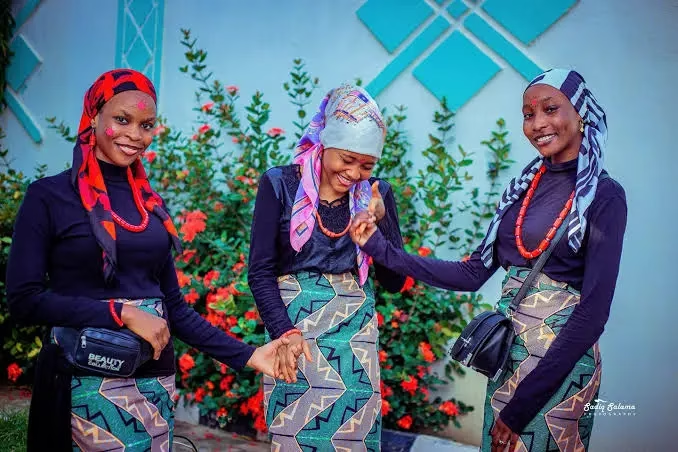In a shocking move, the Kano State Censorship Board has banned Kauyawa Day, a traditional cultural event celebrated in northern Nigeria, particularly among Hausa communities. The ban, announced on May 17, 2025, was justified as a measure to safeguard “societal values” and prevent “unacceptable behavior” among young women. Kauyawa Day is a village-themed celebration where women dress in traditional attire, sing, dance, and showcase local foods, typically held a day or two before a wedding.
The decision to enforce the ban has been met with mixed reactions from residents, with some expressing concern that culture is being erased rather than protected. Fatima Muhammad, a resident of Darmanawa, expressed her deep disappointment over the ban, stating that it has caused her emotional distress, especially with her best friend’s wedding approaching. “This is the only time we women truly enjoy ourselves during weddings,” she said. Women usually prepare weeks in advance for Kauyawa Day, selecting traditional attire, composing songs, and rehearsing dances that reflect village life. “It’s our way of expressing joy, our nishadi,” Fatima added.
Rabiu Musa, a resident of Farawa, criticized the ban as an attempt at cultural homogenization, warning that it could lead to the erosion of Hausa identity. “While global communities are promoting cultural creativity, what the Kano State Government is doing amounts to cultural homogenization,” he explained. Rabiu emphasized that the ban would eradicate cultural norms and values, ultimately threatening the community’s total identity. He described Kauyawa Day as a defining element of Hausa wedding celebrations, reminding people of their cultural heritage and distinguishing their weddings from Western culture.
On the other hand, supporters of the ban, including clerics and traditionalists, argue that Kauyawa Day has strayed from its original purpose. Nazeeru Dalhat, a resident of Ghari LGA, said the ban was long overdue, citing concerns over the behavior of some participants, particularly from rural communities. Nazir Nuhu, an Islamic scholar, supported the ban, stating that Kauyawa Day is not rooted in Islam but rather in cultural traditions. He commended the Kano State Censorship Board for taking action, describing the move as a step towards sanitizing society.
The ban on Kauyawa Day has sparked a heated debate about the balance between cultural preservation and moral regulation in Kano. As the decision continues to be debated, it raises important questions about who defines culture and who gets to celebrate it. While the government insists it’s protecting societal values, many argue that suppressing such traditions risks erasing the identity of the people. Whether reviewed or upheld, the decision will have a lasting impact on how culture is celebrated in Kano. The future of Kauyawa Day and its significance in Hausa culture remains uncertain, leaving the community to wonder what this means for their cultural heritage and traditions.
